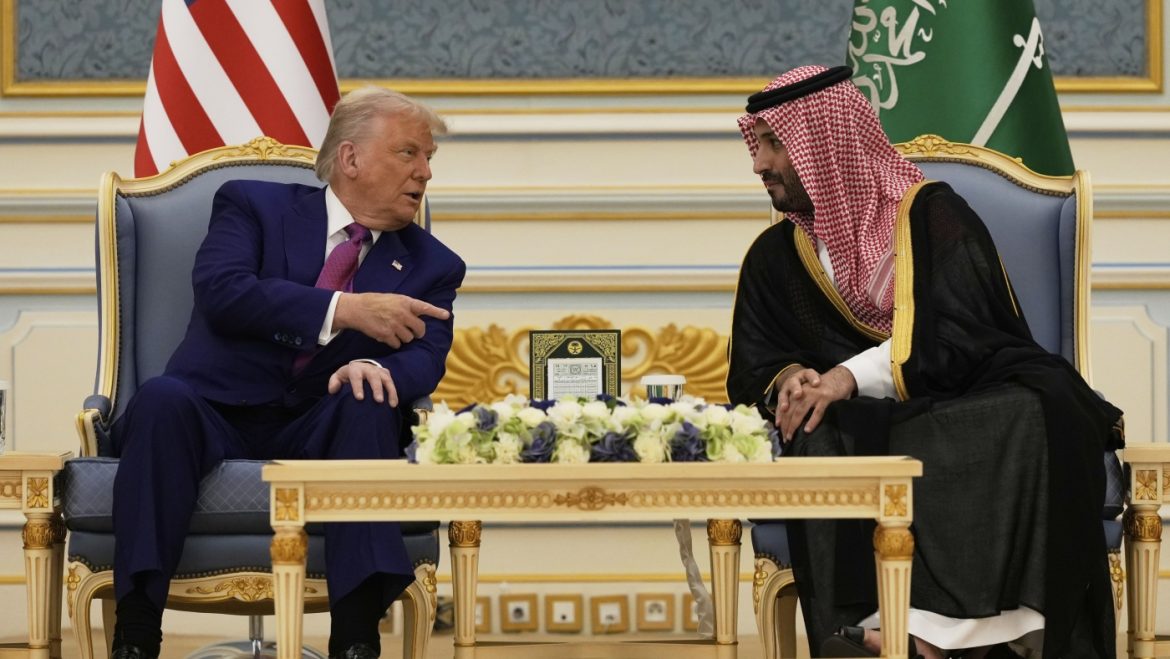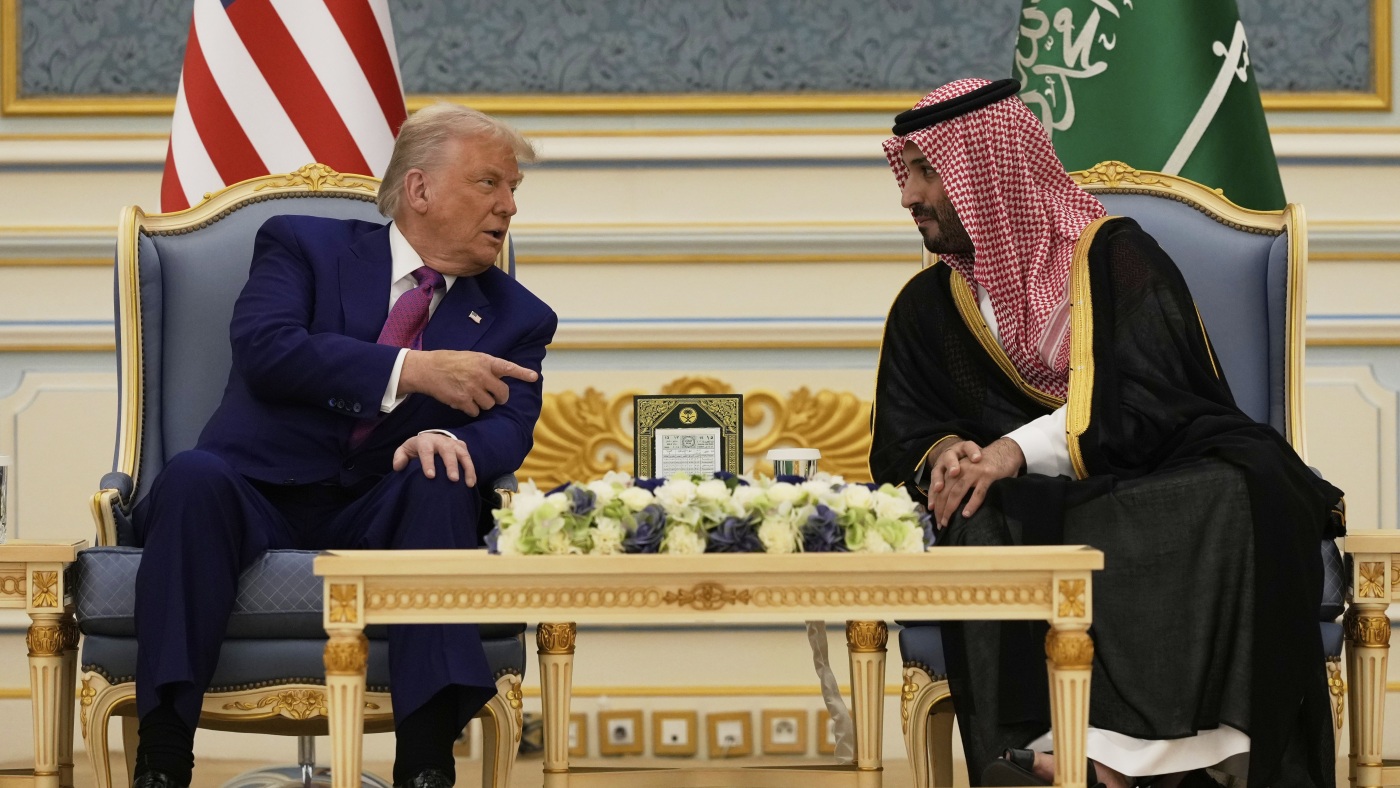The Strategic and Economic Dimensions of Trump’s Gulf Visit
A Focus on Economic Deals
President Trump’s visit to Saudi Arabia, Qatar, and the UAE is marked by a clear emphasis on economic deals. The trip is part of a broader strategy to secure significant investments and trade agreements from the Gulf region. Trump’s agenda includes securing a reported $1 trillion in deals, with a substantial portion expected to go toward defense sales, American technology companies, and potentially even sports franchises. The focus on economic diplomacy is evident in the high-profile meetings and the extensive delegation of top U.S. CEOs and cabinet members accompanying Trump.
The Saudi Connection
Saudi Arabia is a pivotal player in Trump’s Gulf tour. The kingdom has historically been a key ally of the United States, and the Trump Organization has already signed branding deals for two real estate projects in the country, including a Trump Tower in Riyadh. The Saudi government has pledged at least $600 billion in U.S. investments over the next four years, with a significant portion likely earmarked for defense sales and technology. This investment is part of a broader strategy to deepen economic ties between the two countries, leveraging Saudi Arabia’s vast wealth and influence in the region.
Diplomatic and Strategic Implications
While economic deals are the primary focus, the trip also carries significant diplomatic and strategic implications. The visit underscores Trump’s transactional approach to diplomacy, where economic gains are often prioritized over traditional diplomatic considerations. This approach is evident in the high-stakes negotiations and the lavish reception Trump received in Saudi Arabia, including a multimillion-dollar gala in his honor. The trip also marks a strategic reset in U.S.-Saudi relations, reaffirming mutual trust and strategic alignment.
The Broader Gulf Context
The trip to Saudi Arabia is just the beginning of Trump’s Gulf tour, which will also include visits to Qatar and the UAE. These countries are among the world’s richest nations, with significant influence over global finance and energy markets. Trump’s visit to these countries is expected to yield substantial investment and trade deals, further solidifying the economic ties between the U.S. and the Gulf region. The trip also comes at a time of regional uncertainties, with ongoing conflicts and geopolitical tensions in the Middle East.
The Intersection of Business and Diplomacy
Trump’s visit highlights the intersection of business and diplomacy in the Gulf region. The Trump Organization’s business interests in the Gulf, including real estate projects and potential investments, add a layer of complexity to the diplomatic engagements. This intersection is evident in the high-profile meetings and the extensive delegation of U.S. business leaders accompanying Trump. The trip underscores the importance of economic diplomacy in shaping U.S. foreign policy in the region.
The Road Ahead
As Trump continues his Gulf tour, the focus on economic deals and investments is likely to remain a central theme. The trip is expected to yield significant economic gains for the U.S., further strengthening the economic ties between the U.S. and the Gulf region. However, the trip also carries diplomatic and strategic implications, reflecting Trump’s transactional approach to diplomacy and the broader geopolitical dynamics in the Middle East.
A New Era of Economic Diplomacy
Trump’s Gulf tour marks a new era of economic diplomacy, where economic gains are prioritized over traditional diplomatic considerations. The trip underscores the importance of economic diplomacy in shaping U.S. foreign policy in the region, with significant investments and trade deals expected to yield substantial economic gains for the U.S. As Trump continues his tour, the focus on economic deals and investments is likely to remain a central theme, reflecting the broader geopolitical dynamics in the Middle East and the strategic importance of the Gulf region.


